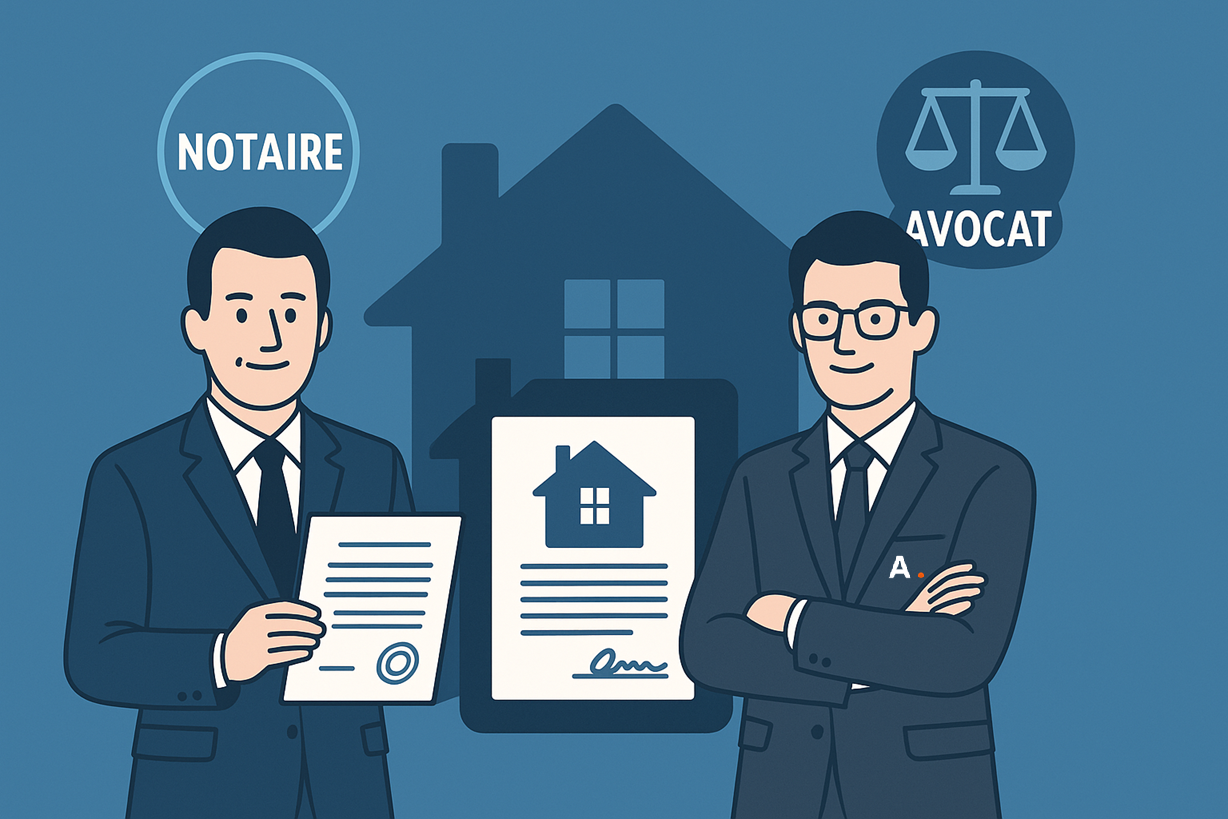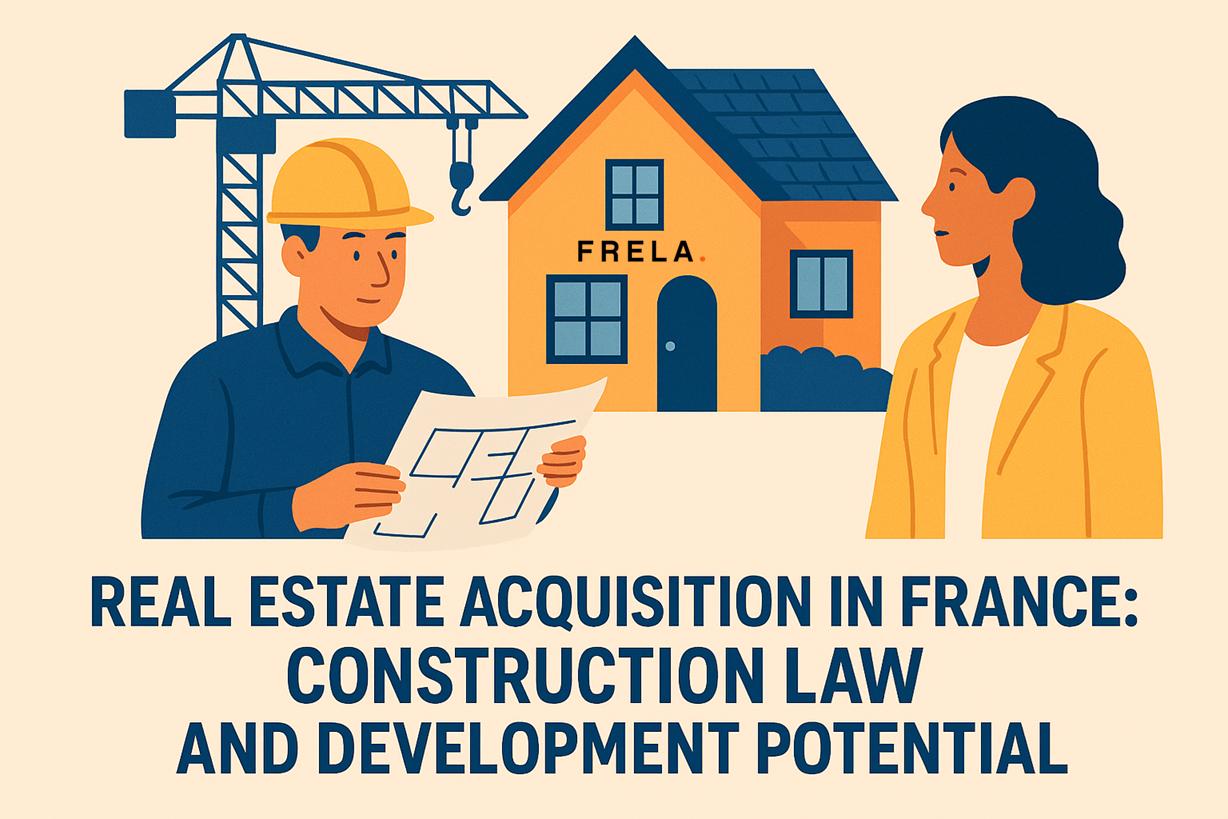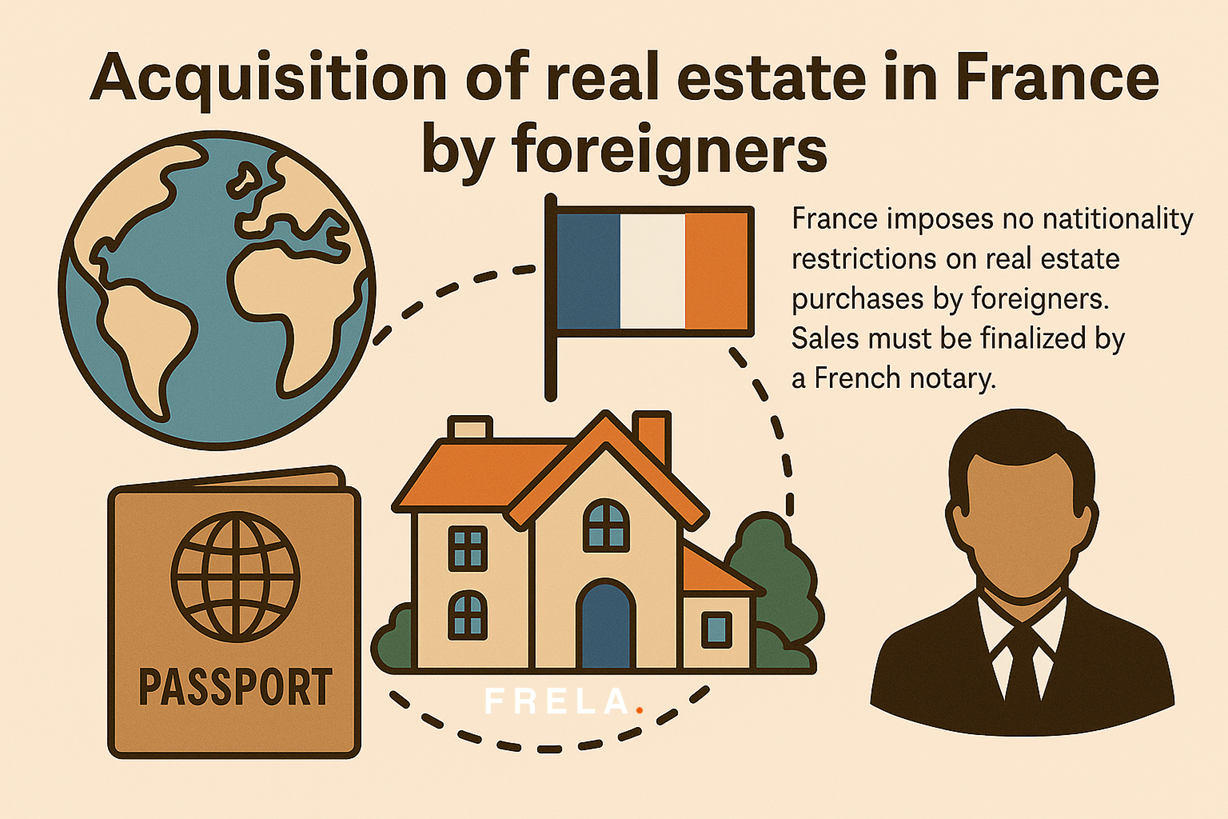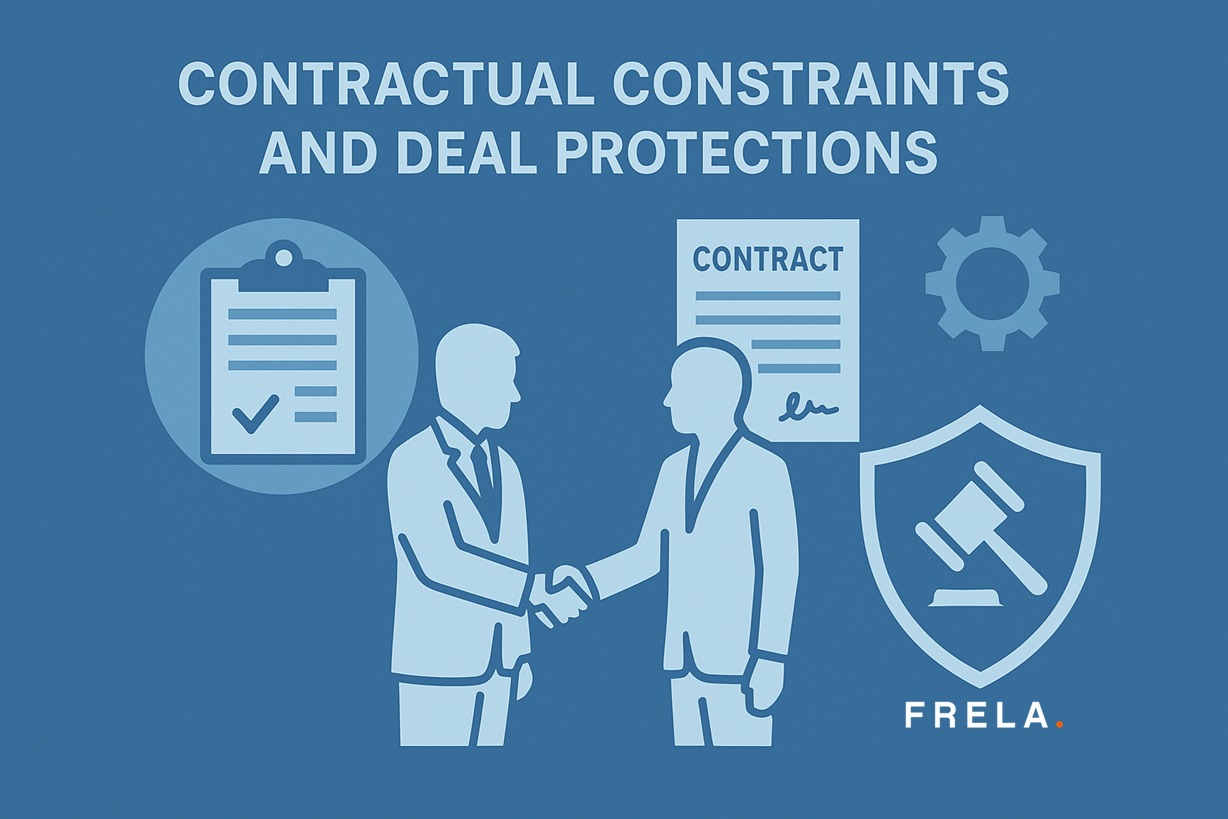Purchasing property in France as a foreigner
When purchasing property in France as a foreigner, there are a few things you need be aware of. The process is slightly different than it is in other countries, so it’s important to do your research before making any decisions. One of the most important things to know is that you will need to get a loan from a French bank in order to finance your purchase. You will also need to have a French tax number and have a French residency permit in order to complete the purchase. Of course, there are a few other things to keep in mind as well. But if you do your research and work with a professional real estate attorney, you can be sure that you’ll be able to purchase the property of your dreams in France.
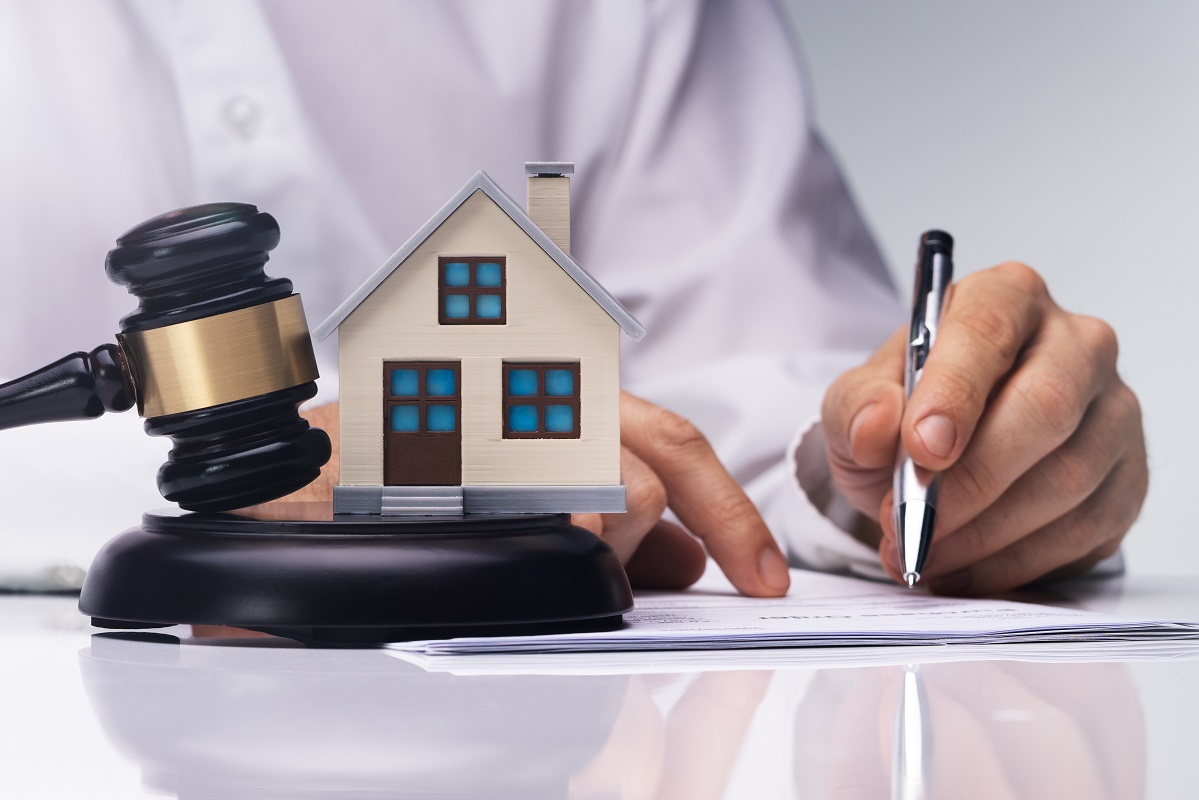
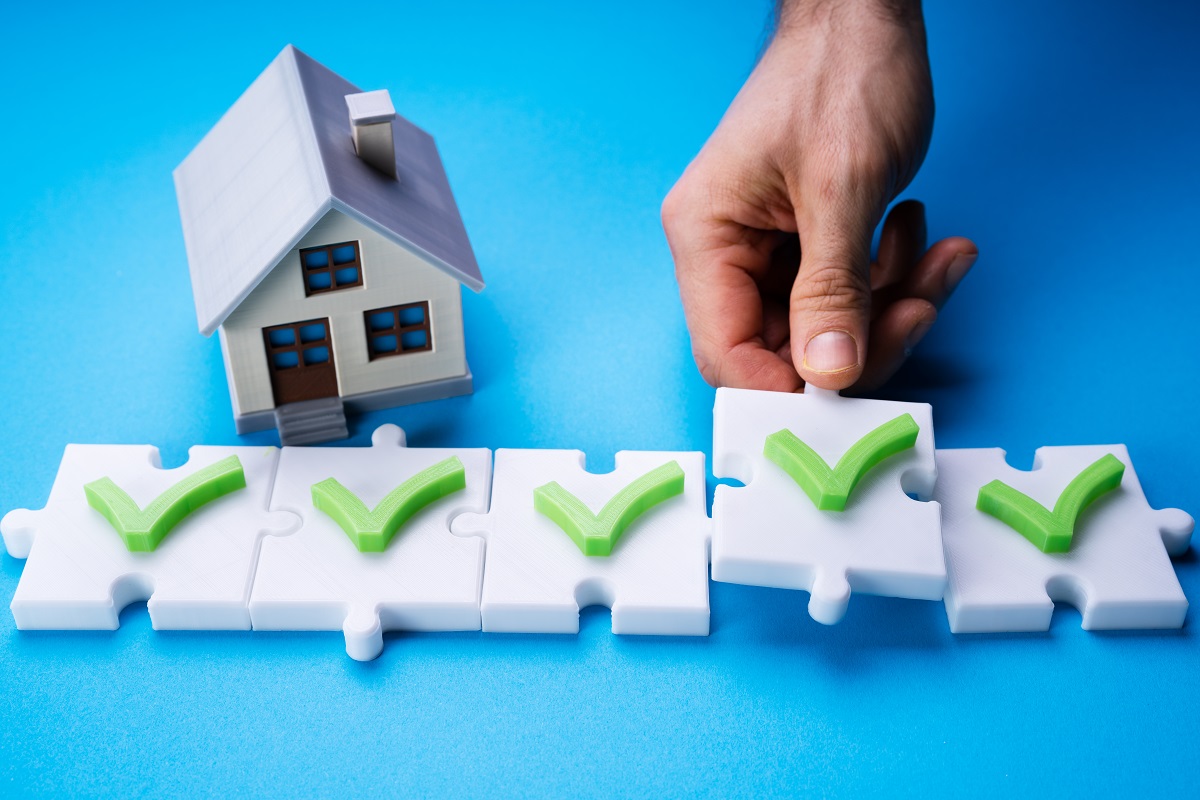
10 important factors to consider when purchasing property in France as foreigner
As a foreigner, there are a number of important factors that you need to take into consideration when purchasing property in France. From the legal process, to the financing options available, there is a lot to think about. However, with the right advice and guidance, you can make the process a lot simpler and smoother.
In this article, we will take a look at 10 of the most important factors that you need to consider when purchasing property in France as a foreigner. We will also provide some useful tips on how to secure the best deal and optimize the process.
Check if you qualify for a mortgage
Before you even start looking at properties, it’s important to make sure that you are eligible to get a mortgage in France. A good way to check your eligibility, is to visit a French mortgage broker and obtain an eligibility assessment. They will be able to offer you tailored advice based on your current financial situation. Some banks will also accept non-residents as mortgage applicants, so it’s worth researching different lenders and seeing what options are available to you. You could even consider opening a French bank account, as this may make you more eligible for a mortgage in France. It’s also important to consider the time it may take for your application to be approved and for funds to be available.
Can you afford the property?
One of the most important questions to ask yourself is whether or not you can actually afford the property that you’re planning to purchase. It’s essential to fully consider all the potential costs that are associated with buying a property, such as taxes, fees, and any renovation costs. Make sure to also factor in any potential income that you may gain from letting out the property. This could potentially help you to cover some of the associated costs. Make sure that you are comfortable with the amount that you’ll need to spend on the property and that you budget accordingly. Don’t forget to take into account potential market fluctuations that may affect the value of the property.
Research the area :
Before you make any concrete decisions, make sure that you research the area that the property is located in. Consider factors such as the local economy, infrastructure, and amenities. Visit the area and investigate the different types of properties for sale and their prices. This will help you determine whether you are getting a good deal and help you make an informed decision. You also need to research and consider any potential restrictions that could affect the property. For example, some popular holiday destinations in France have regulations that limit the amount of time owners can let their property out for.
Find out about the neighbours
When buying a property in France, it’s important to build a relationship with those living in the area. Speak to the local people and get to know your potential neighbours. This will give you a good insight into the level of community that exists in the area. This is especially true if you are planning to let out the property. As tenants will be coming and going, it’s important that they are comfortable in a welcoming environment. Make sure that the neighbours are friendly and willing to help should any issues arise.
Check the condition of the property
Make sure that you check the condition of the property thoroughly. Ask to see all necessary paperwork and check whether anything needs repairing. This is especially important if the property is older or if you are buying a fixer-upper. Ask to see any inspection reports and speak to the estate agents about any maintenance or renovations that have been carried out in the past. Ask for a detailed tour of the property and get an expert opinion on any repairs or renovations that may be necessary.
What is included in the sale?
Make sure to clarify exactly what is included in the sale of the property. You need to ensure that you are getting everything you expected, such as furniture, appliances, and any outdoor structures. There may also be additional costs associated with the purchase, such as stamp duty, commission, and legal fees.
Employ a lawyer
It’s important to employ a lawyer when purchasing a property in France. Make sure that your lawyer is experienced in buying French property specifically and understands the process and the associated costs involved. They can also provide you with advice and guidance throughout the entire process.
Survey the property
Before exchanging contracts, it’s important to have a survey carried out on the property. The survey will assess the structural condition of the property, provide expert insight into any repairs that may need to be made, and will also highlight any potential hazards. Having the property surveyed can provide peace of mind and ensure you are making a safe and informed decision. It’s important to note that some surveys may be more comprehensive than others, so make sure to pick the right survey for your needs.
Make an offer
Once you have found the right property and you are happy with the condition and price, it is time to make an offer. Carefully consider the current market conditions and if necessary, discuss with your real estate lawyer what might be an appropriate offer. Remember that the offer is not binding until it has been accepted and contracts have been exchanged. Once the seller has accepted your offer, the property officially goes under offer and you will have a designated period to complete the transaction.
Close the deal
Once the offer has been accepted, the lawyers will begin the process of finalizing the deal. You will need to pay the necessary deposit and will be expected to sign all required legal documents. In France, most of the process is conducted via email, so make sure to alert your lawyer if any documents fail to arrive. Once all the paperwork has been finalized, the documents are signed and the purchase has been completed: Congratulations, you are now the proud owner of a property in France!
FRELA real estate lawyers are specialized in assisting foreign investors in observing and optimizing legal and fiscal requirements while purchasing property in France. Our experienced team will work closely with you to ensure your transaction is completed with complete accuracy and compliance to the laws of France. Let us guide you through the process and help make your dreams of owning a home abroad a reality!
About the Author :
Business lawyers, bilingual, specialized in acquisition law; Benoit Lafourcade is co-founder of Delcade lawyers & solicitors and founder of FRELA; registered as agents in personal and professional real estate transactions. Member of AAMTI (main association of French lawyers and agents).
FRELA : French Real Estate Lawyer Agency, specializing in acquisition law to secure real estate and business transactions in France.
Paris, 19 Rue du Colisee, 75008 Paris
Bordeaux, 24 Rue du Manège, 33000 Bordeaux
Lille, 40 Theater Square, 59800 Lille


